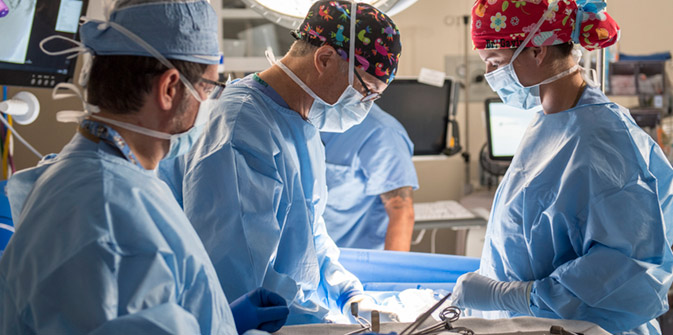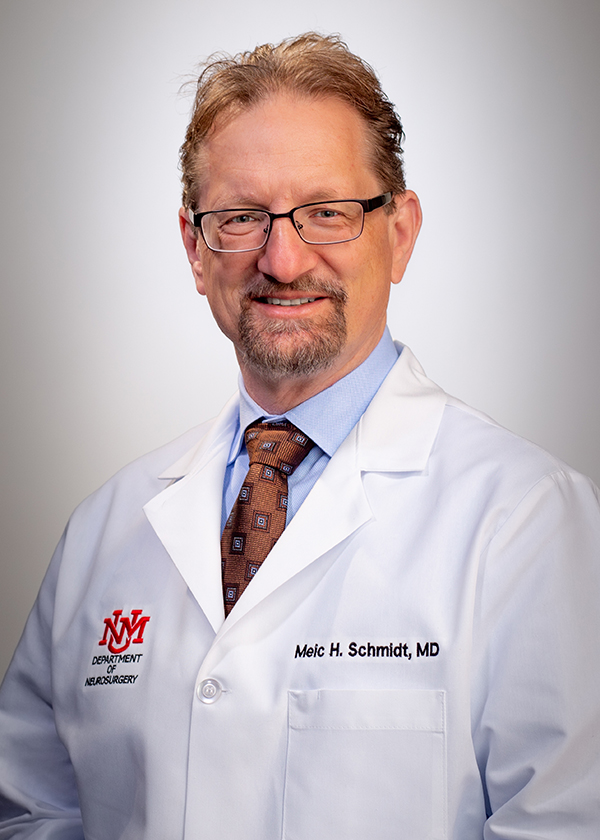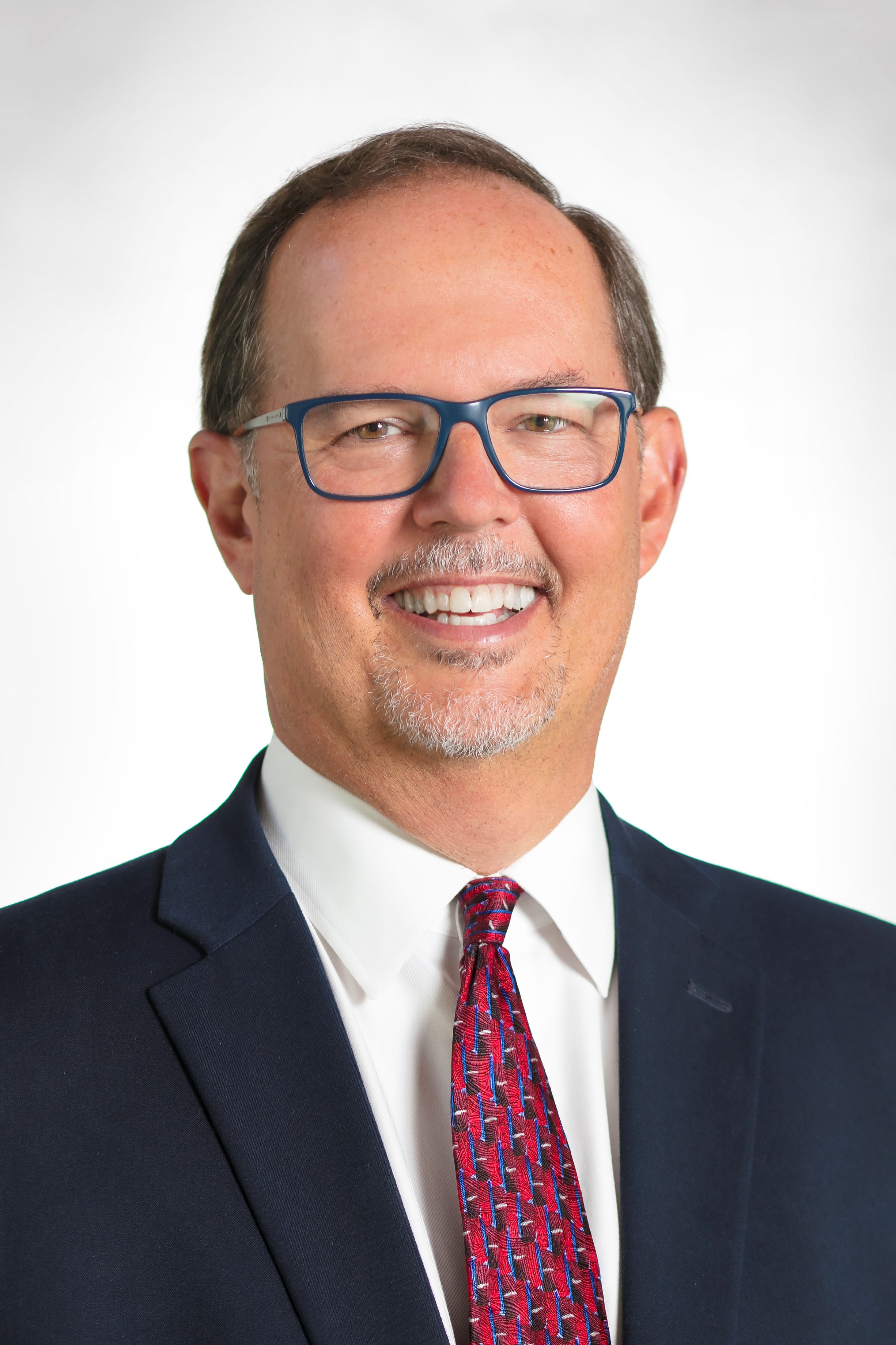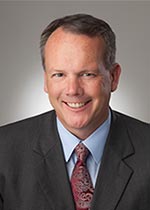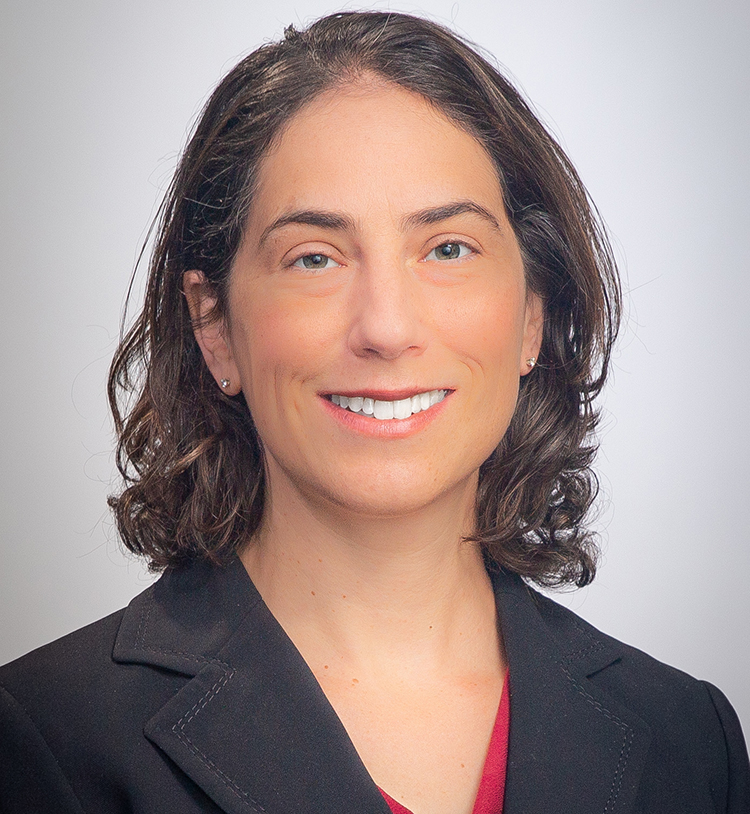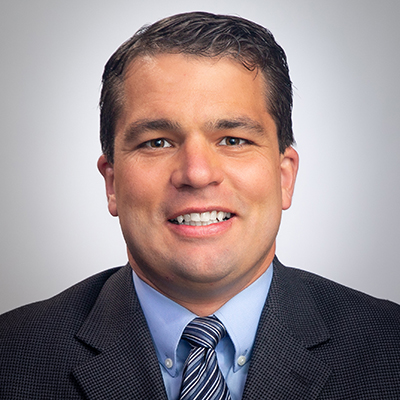The University of New Mexico Department of Neurosurgery has regained accreditation for its residency program from the Accreditation Council for Graduate Medical Education (ACGME), effective April 1.
A newly graduated MD/PhD student will be joining the department in June to start a seven-year neurosurgery residency, said department chair Meic Schmidt, MD. Additional residents will join in successive years until the program stabilizes with seven residents in various stages of training.
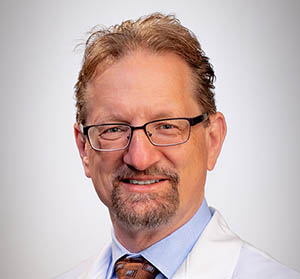
We are extremely proud that we did this. It’s a huge win for everybody in the state
The speed with which the residency achieved reaccreditation is considered unusual. “We are extremely proud that we did this,” Schmidt said. “It’s a huge win for everybody in the state.”
The ACGME has essentially given the greenlight to a new residency program, not a continuation of the earlier version, he said, adding that recent site visits confirmed that UNM was eligible for initial accreditation of its program.
Douglas Ziedonis, MD, MPH, executive vice president for Health Sciences and CEO of the UNM Health System, thanked everyone involved in the reaccreditation effort.
“A vibrant Neurosurgery residency program will help us further develop a needed neurosurgery workforce and strengthen our clinical, education and research missions to help us enhance the health of all New Mexicans,” he said.
Michael E. Richards, MD, MPA, senior vice president for clinical affairs, congratulated Schmidt for an “incredible effort to rebuild the neurosurgery faculty with the breadth and diversity of subspecialty expertise to support restarting an accredited neurosurgery residency program.”
Richards added, “I would also like to thank UNM Hospital for their support of this important training program. The increased services associated with this program expansion will benefit all of New Mexico.”
The ACGME announced it was withdrawing accreditation from the UNM program in August 2019 amid concerns about the learning and working environment for residents, faculty and leadership turnover, an imbalance between service and surgical education and low operative case volumes in certain areas.
Schmidt, who previously served as chair of Neurosurgery at New York Medical College and vice chair of Neurosurgery at the University of Utah, joined UNM in February 2020 with a mandate to rebuild the residency program.
He knew it would be a daunting task. “I had my doubts when I came here,” he said. “I asked myself, ‘Is this going to work?’ Most people told me I was crazy to take this on.”
Even though he started just a month before the COVID pandemic forced the closure of the UNM campus, he was able to recruit a number of colleagues with whom he had previously worked to join the Neurosurgery faculty. “We basically tore down the entire department to the ground,” he said. “There were a lot of people leaving, and then we rehired.”
Over the past two years the department has grown from five neurosurgeons to 10, with an eleventh joining in July, Schmidt said.
Schmidt also worked to expand the scope and emphasis of practice, creating a new Division of Pediatric Neurosurgery headed by Heather Spader, MD. The department also forged a collaboration with Lovelace Medical Center, where each resident will spend one year focusing on spinal surgery, he said.
And while UNM neurosurgeons have plenty of practice treating head injuries thanks to the busy Level I trauma center, residents need to see an array of elective surgeries. The brain tumor and skull base surgery program led by Christian Bowers, MD, is one example, Schmidt said.
Bowers also is working with medical students in New York and New Mexico to track patient outcomes, correlated with their frailty status prior to surgery, and publish the results in research journals.
Meanwhile, UNM has the state’s only specialists in using deep brain stimulation to treat movement disorders like Parkinson’s, and its only round-the-clock team of endovascular neurosurgeons capable of retrieving clots from the brains of stroke victims, Schmidt said.
The department has also hired 21 advanced practice providers – nurse practitioners and physician assistants – to handle much of the day-to-day patient care duties, allowing residents to focus more on their training, Schmidt said.
“The program before was more focused on training community neurosurgeons. We don’t do that anymore,” Schmidt said. “It’s really a training program for academic neurosurgeons who are focused on providing excellent neurosurgical care and doing research.”
UNM Hospital also committed to upgrading the equipment in the operating rooms used for neurosurgery, Schmidt said. “The hospital made a lot of investments.”
While celebrating the success in regaining a residency program, Schmidt emphasized that ongoing effort will be needed to ensure that the program meets its goals and is fully stabilized. Another review by an ACGME committee is scheduled for 2024, he said.
“It’s a long haul,” he said. “It still will be seven years for me before I graduate my first resident.”
